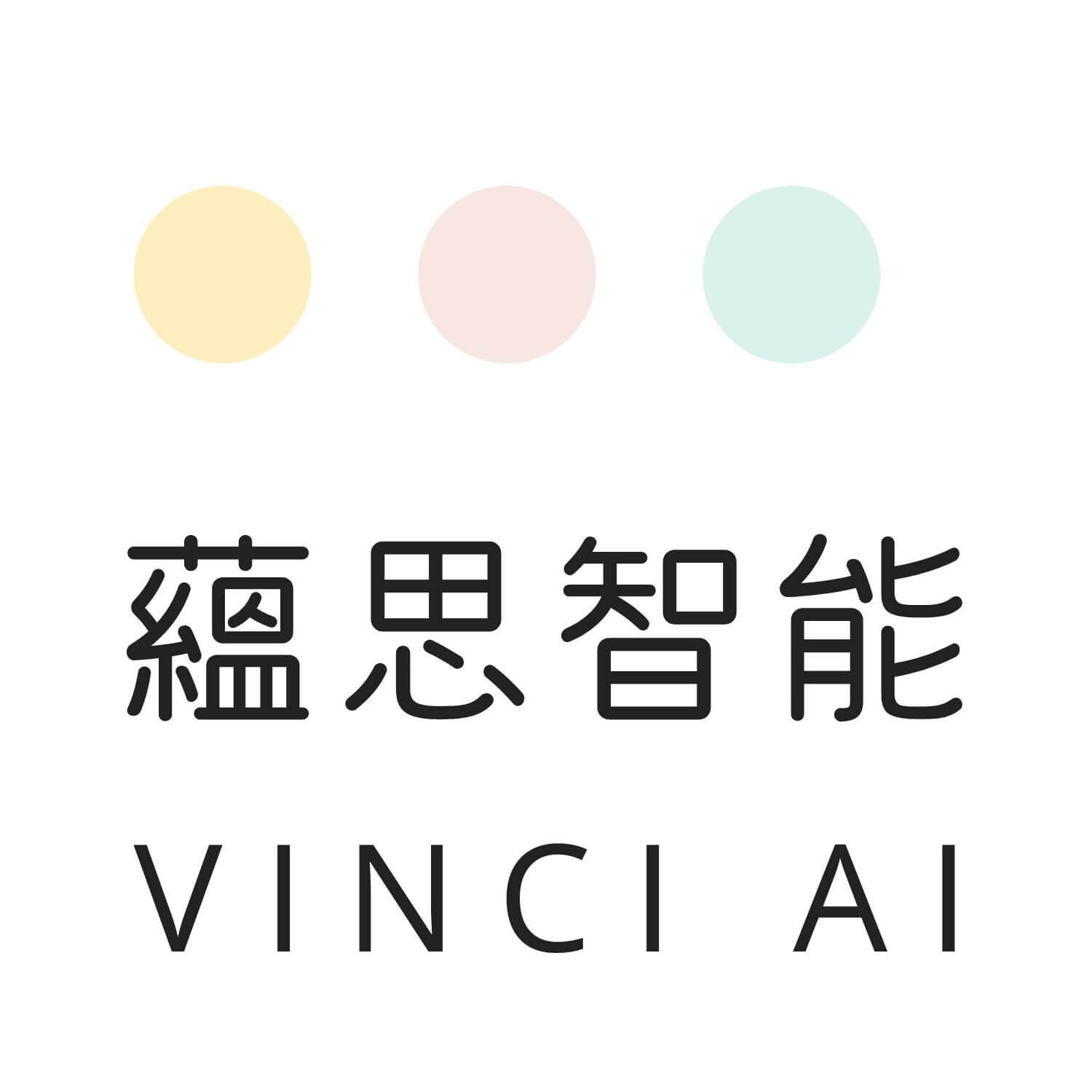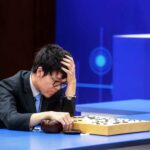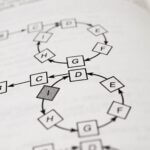Introduction to AI Art and Music Creation
Course Outline
This course combines AI art and music creation to guide elementary and middle school students in exploring the mysteries of AI in the fields of art and music. Students will learn to use AI tools such as GANs and RNNs to create sketches, poems, abstract art, and more. They will also utilize tools like Magenta and A.I. Duet for music generation and improvisation. The course covers five main themes: AI music generation, improvisation, style transfer, emotional music creation, and human-machine collaboration. Under the guidance of professional instructors, students will complete challenging creative tasks. This course not only helps students gain a deep understanding of the principles behind AI art and music but also stimulates their creativity and imagination. Students will acquire AI art creation skills in a relaxed and enjoyable atmosphere.
Course topics include:
AI painting and image generation
AI Music Generation and Style Transfer
AI animation and character design
AI generates poetry and text
Human-Machine Collaboration and Creative Practice
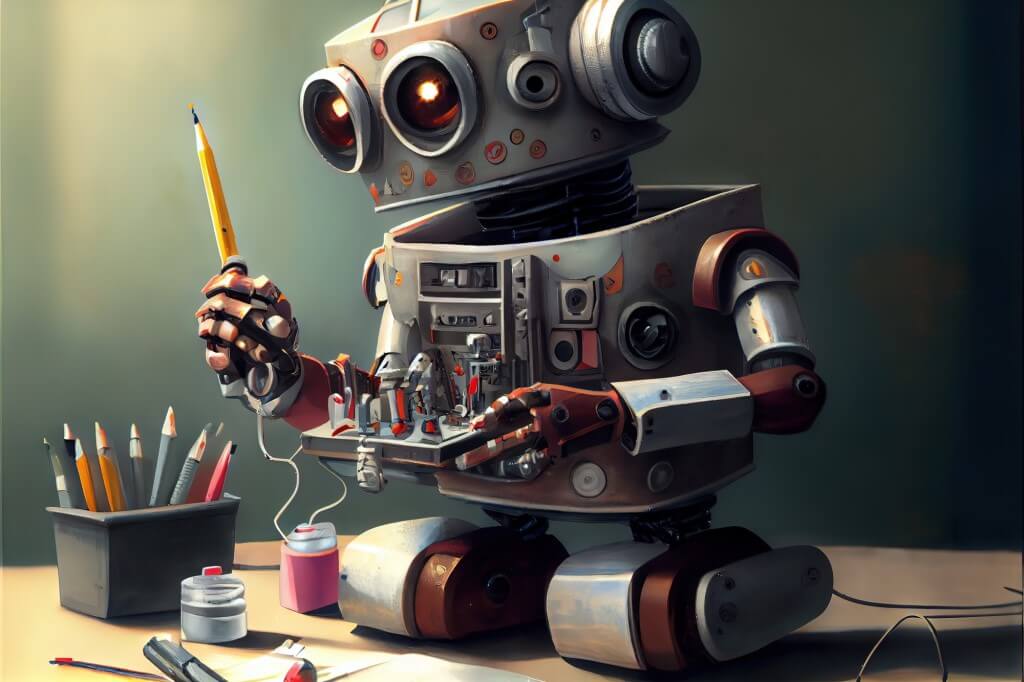
Course content
What will students learn?
After completing the course, students will acquire a foundation in AI art and music composition, including the use of AI for generating paintings, music, animations, and poetry. Students will be capable of engaging in human-machine collaboration, enabling interdisciplinary artistic creations. Additionally, students will gain an understanding of AI applications in various artistic fields and possess the ability to engage in creative practice, exploring boundless possibilities for future artistic creations.
AI painting and image generation
This topic will teach students to use AI drawing tools such as DoodleGAN, Sketch-RNN, etc., to generate sketches, abstract art, and other works. Students will learn to create artwork, sketches, and abstract art based on AI generation and understand the application of AI in the field of image generation.
AI Music Generation and Style Transfer
This topic will teach students how to use tools like the Magenta Studio plugin and Google A.I. Duet to generate unique melody compositions. Students will learn to create personalized music using AI technology and utilize MusicVAE to transform original music into different styles.
AI animation and character design
This topic will introduce students to the use of AI in generating animations, character design, and creative writing. Students will learn to utilize AI technology to generate animated characters, scenes, and scripts, while gaining an understanding of AI's applications in the field of animation.
AI generates poetry and text
This topic will teach students how to use AI poetry generation tools, such as the GPT series models, to generate poetry and text. Students will learn to employ AI technology in creating poetry and gain an understanding of AI's applications in text generation.
Human-Machine Collaboration and Creative Practice
This topic will guide students in collaborating with AI to create music, drawings, animations, and poetry. Students will learn to integrate with AI, exploring the potential and challenges of collaboration between AI and human musicians and artists. They will complete an interdisciplinary art project, applying the skills they have learned to practical creative endeavors.
Fun AI fact
What is AI art creation?
AI art creation refers to the process of using artificial intelligence (AI) techniques to generate, assist, or enhance artistic works. This creative approach encompasses various art forms, including painting, music, poetry, storytelling, and more. AI art creation often involves the use of machine learning algorithms, particularly generative AI technologies such as Generative Adversarial Networks (GANs) and Recurrent Neural Networks (RNNs).
Generative AI is a technique that involves training AI models to learn from data and generate new samples that resemble the original data. Generative Adversarial Networks (GANs) are a type of generative model that consists of two neural networks, a generator and a discriminator, which compete with each other to generate high-quality synthetic data. Recurrent Neural Networks (RNNs), on the other hand, are a type of neural network particularly suited for processing sequential data such as text or time series data. They are commonly used for generating artistic works like text or music.
The relationship between AI art creation and generative AI lies in the fact that generative AI serves as a primary technical means and driving force for AI art creation. Through generative AI techniques, artists and creators can leverage AI models to automatically generate unique and creative artistic works, opening up new possibilities and perspectives in art creation. Generative AI empowers artists to explore novel avenues of expression and encourages the fusion of human creativity with the capabilities of AI technology.
The application of AI in music composition primarily relies on machine learning algorithms, particularly deep learning and Generative Adversarial Networks (GANs). These technologies can learn music styles and structures from vast amounts of music data, enabling the generation of creative and original melodies, chords, and compositions. By harnessing these techniques, musicians can gain inspiration, enhance their creative efficiency, and expand the possibilities of music composition. AI in music composition acts as a collaborator and tool that complements the artistic process, providing new avenues for exploration and experimentation.
The application of AI in music composition includes melody generation, automatic composition, music analysis, style transformation, and sound synthesis, among others. For example, AI can generate complete compositions based on specific styles, emotions, or rhythms, aiding in the rapid creation of background music, game music, or film scores. Additionally, AI can simulate various instruments and vocals, generating more realistic timbres and expressions, providing musicians with high-quality musical materials. In these processes, AI technology not only enhances the creative abilities of musicians but also opens up new possibilities for music composition.
Fun AI fact
How does AI assist music creation?
Why choose Vinci AI?
University lecturer teaching team
VInci AI's teaching team is rich in experience, including university teachers who teach master's AI courses in various colleges and universities.
Curriculum developed by PhD-level experts
Vinci AI's PhD-level AI expert team, providing the most professional artificial intelligence courses
Recognized by research institutions
The teaching platform developed by Vinci AI has received support from Cyberport. Vinci AI is also a STEM education partner of the Productivity Council.
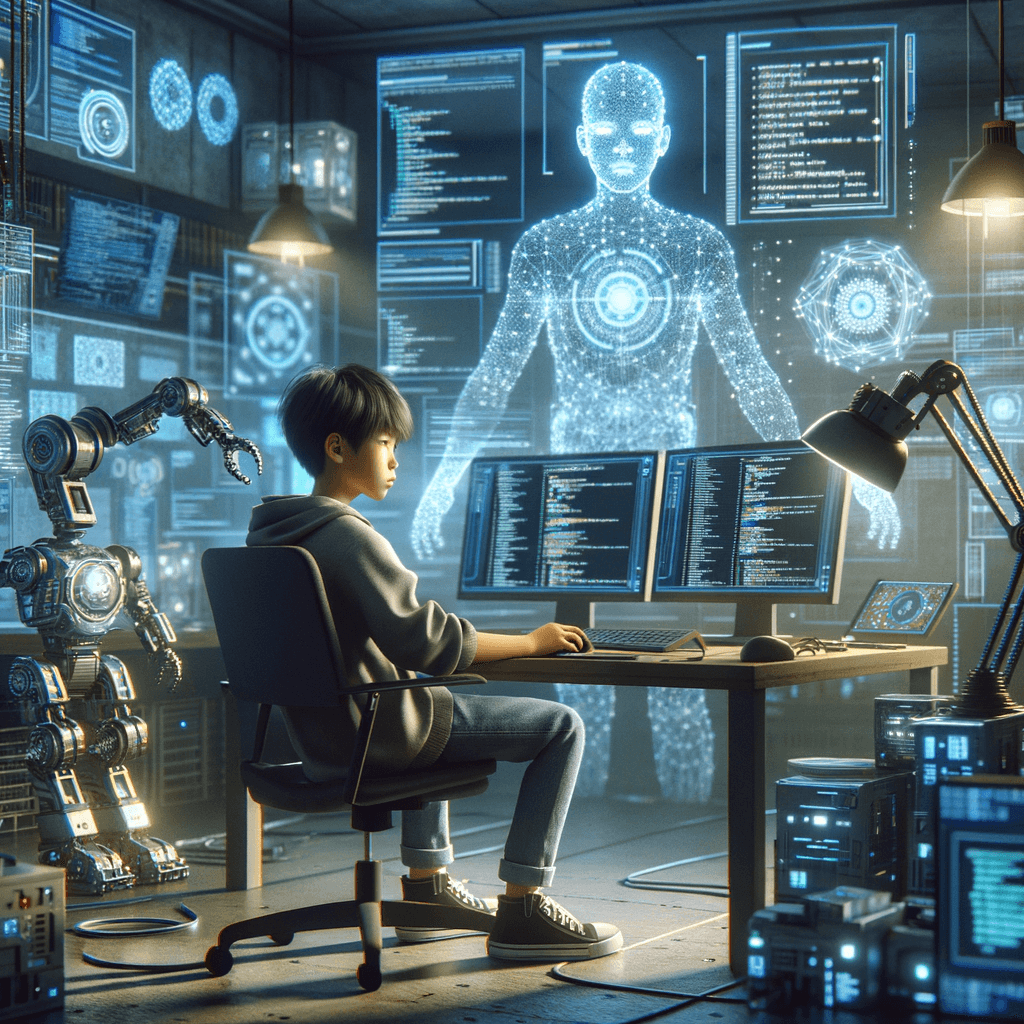
AI artificial intelligence courses for primary and secondary schools
- Super AI Challenge Competition Course
- National Youth Software Programming Level Examination Course
- OpenAI ChatGPT chatbot course
- ICT Python Course
- Drone Programming Course
- CoSpaces VR/AR Creation and Experience Course
- Introduction to AI Artistic Creation:
- Introduction to AI Music Composition
- Sports and STEM innovative courses (jointly developed with the Education University of Hong Kong)
Want to schedule on-campus classes?
Contact our consultants
Vinci AI offers on-campus courses, including STEM Day events, competition training, and after-school programs. We welcome you to contact our expert consultants to arrange suitable topics and formats for your needs.
